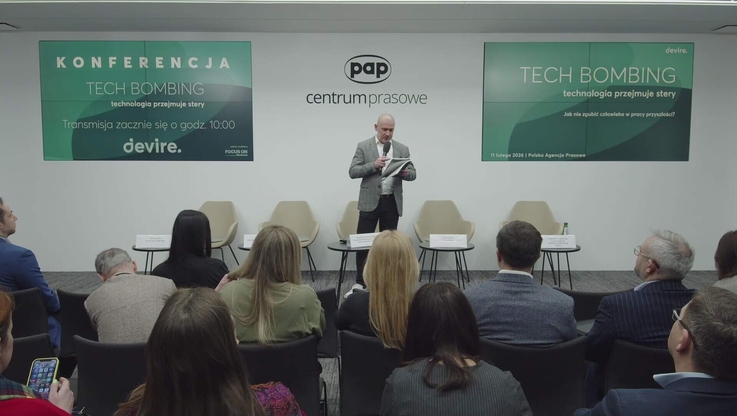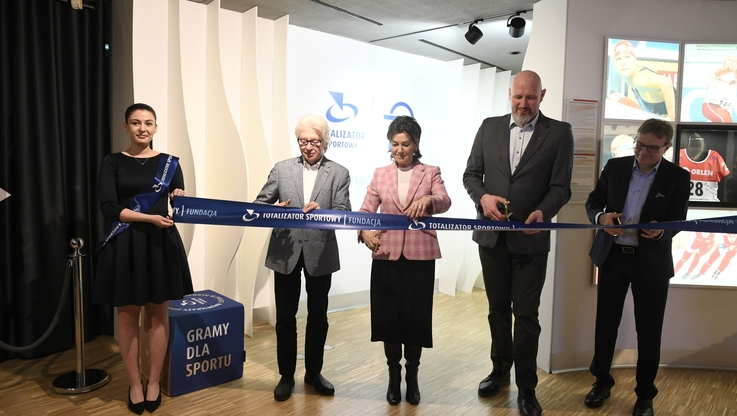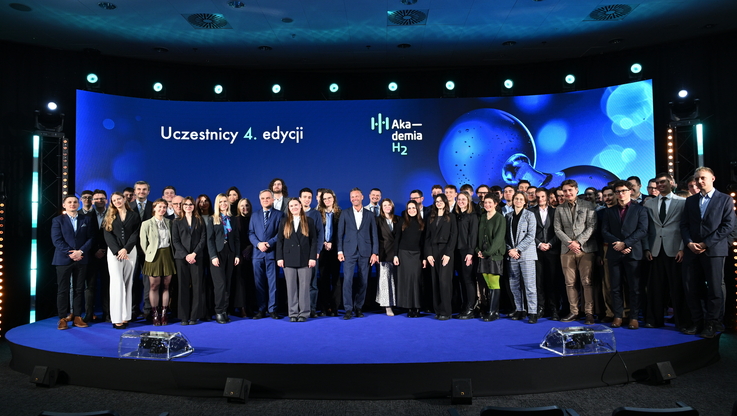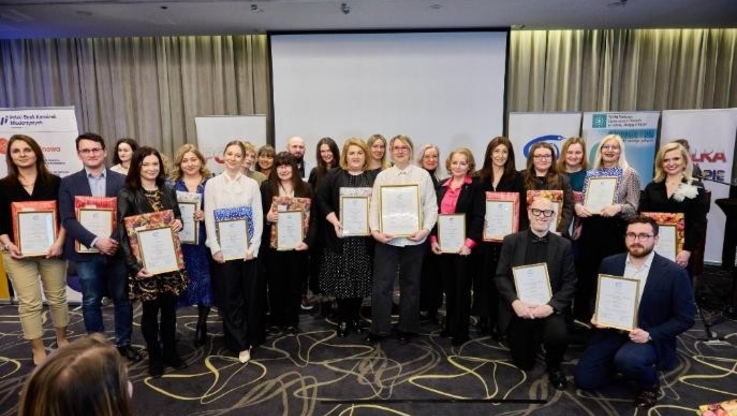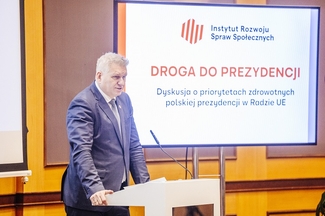Pobierz materiał i Publikuj za darmo
ESPON is a programme covering all Member States of the European Union, and the United Kingdom, Liechtenstein, Iceland, Norway and Switzerland. In collaboration with many academic centres and research institutions, ESPON experts participate in the drawing up and implementation of Community policies.
Currently, one of the most important policies is the climate policy which aims to reduce greenhouse gas emissions by at least 55% by 2030 compared to the level recorded in 1990. The European Green Deal is funded from resources corresponding to one-third of the €1.8 trillion invested in the NextGenerationEU Recovery Plan and EU’s seven-year budget.
As noted by ESPON experts, sustainable urban development is key to achieving the Community’s climate goals.
As the ESPON study reports, “Nowadays, more than 70% of the EU populations live in towns and cities, and we are expecting further population growth in urban areas. Urban residents are particularly exposed to the progressing climate change ‒ cities constitute >>heat islands>> which increases the effect of heat waves, and they also have limited capabilities to absorb excess rainfall resulting in flooding. In addition, the growing population density translates into increased CO2 emissions due to traffic congestion and excessive energy consumption”.
The “European Green Capital” competition is one of the initiatives aimed to support the authorities of expanding metropolitan areas in pursuing their eco-friendly development policies. The prestigious title, which has been awarded by the European Commission since 2010 to cities with over 100 000 inhabitants, comes with a prize of €600 000.
Candidates are assessed in 12 categories, including measures to reduce noise, water management, and environmental and biodiversity protection. Previous winners include Stockholm, Hamburg and Lisbon, to name a few. The title of European Green Capital 2021 went to Lahti (Finland), while next year the privilege to use this title will be enjoyed by Grenoble in France.
In competing for the title of European Green Capital 2023, Warsaw, Rzeszów, Gdańsk and Krakow advanced to the final sixteen. Although the Estonian capital eventually won the title, high scores awarded to the Polish cities in recognition for implementing eco-friendly measures show how far they have gone in recent decades, given especially that political transformation saw the country’s urbanised areas dominated by cement and concrete, with parks, squares and recreational areas having only symbolic functions.
At present, the average share of green areas in Polish towns and cities is 50 percent, with Koszalin, Zielona Góra and Kielce in the lead according to the ranking prepared by the Urban Policy Observatory of the Institute of Urban and Regional Development. In turn, Rzeszów and Ruda Śląska are cities with the highest accessibility of green areas, measured as the percentage of people with access to green areas within a few minutes’ walk. Finally, Chorzów has the largest urban park in Poland and one of the largest in Europe, covering an area of 620 ha.
In their analysis, ESPON experts described climate-oriented measures implemented by those cities which had made it to the finals of the “European Green Capital 2023” competition in previous years. They altogether form a collection of recommendations and good practices making urban agglomerations more comfortable and friendly to live.
• Lisbon, Portugal – in 2016 it was the first capital city in Europe to sign the New Covenant of Mayors for Climate & Energy, having cut its CO2 emissions by 50% when compared to 2002. Lisbon has been consistently investing in one of the world’s largest networks of electric vehicle charging points, and 39% of the city’s car fleet is made up of electric vehicles. Thanks to the efforts by the authorities, 93.3% of Lisbon's residents live at a distance of less than 300 m from public transport services, and 76% – within 300 m from the city’s green areas.
• Ljubljana, Slovenia – since 2011, in cooperation with the residents and community organisations, the city authorities have been transforming the multi-hectare plot in the heart of the city, near Resljeva Street, into a social area comprising the city gardens, and venues for social meetings, as well as educational and cultural activities. The project is aimed at the promotion of urban gardening and also at the active inclusion of citizens to participate in decisions regarding the planning, development, and management of urban space.
• Bologna, Italy – like many other south-European cities, it is dealing with drought, extreme temperatures and water shortages resulting from climate changes. Under the city’s GAIA project, local companies can calculate the amount of carbon dioxide involved in their processes and services, and then finance the purchase of a specific number of saplings to neutralise their emissions. Thanks to the efforts of the city authorities, participation in this programme is a matter of prestige and improves the positive public image of the brands involved.
ESPON emphasises that environmental protection and development towards green and blue infrastructures is one of the most important elements of national post-COVID-19 recovery plans. Poland, after its plan has been approved by the European Commission, is planning to allocate 37% of the received amount to green transformation and sustainable transport.
The proposals of the governmental Polish Deal programme also include numerous activities involving “making cities greener”, such as funding for green rolling stock, low and zero-emission buses and the extension of charging and fuelling infrastructure for electric and hydrogen-powered cars.
Source: PAP MediaRoom
Pobierz materiał i Publikuj za darmo
bezpośredni link do materiału
| Data publikacji | 30.09.2021, 16:15 |
| Źródło informacji | PAP MediaRoom |
| Zastrzeżenie | Za materiał opublikowany w serwisie PAP MediaRoom odpowiedzialność ponosi – z zastrzeżeniem postanowień art. 42 ust. 2 ustawy prawo prasowe – jego nadawca, wskazany każdorazowo jako „źródło informacji”. Informacje podpisane źródłem „PAP MediaRoom” są opracowywane przez dziennikarzy PAP we współpracy z firmami lub instytucjami – w ramach umów na obsługę medialną. Wszystkie materiały opublikowane w serwisie PAP MediaRoom mogą być bezpłatnie wykorzystywane przez media. |


